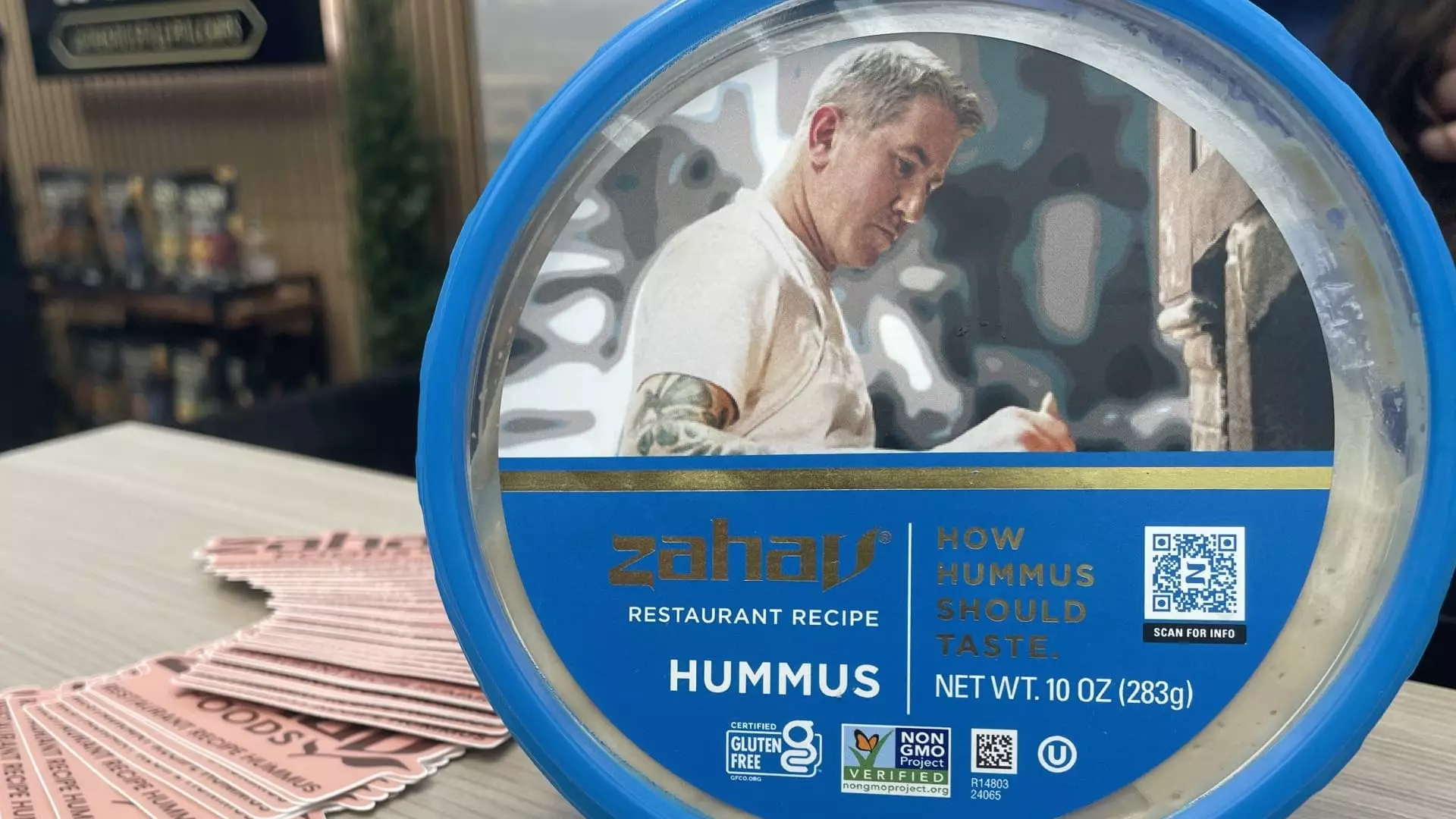In recent years, the food industry has become an endless carousel of fleeting trends that promise novelty but often deliver superficial excitement. The Summer Fancy Food Show exemplifies this cultural phenomenon, showcasing an industry obsessed with chasing the next big thing rather than emphasizing enduring quality. While the spectacle of new condiments, flavors, and experimental products might seem invigorating, it distracts from the core purpose of food: nourishing and satisfying consumers with genuine excellence. This obsession with trendiness fosters a culture that values novelty over substance, leading to a proliferation of products that risk becoming gimmicks rather than staples.
The hype surrounding trendy infusions—like harissa olive oil or smoked mustards—exposes an underlying weakness: a tendency to chase trends that lack staying power. For instance, Dubai chocolate, which gained popularity briefly due to TikTok buzz, illustrates how social media-driven fads can distort consumer priorities. These products often disappear just as quickly as they arrive, leaving behind a trail of consumer fatigue and environmental waste from poorly manufactured or seasonal items. The industry’s focus on rapid innovation often equates to superficial experimentation rather than meaningful progress—highlighting a consumer culture seduced by buzzwords rather than authentic quality.
The Myth of Modernity Masking Quality Concerns
Amid this trend-driven landscape, one might hope that positive shifts—like the growth of new ingredients or alternative proteins—would signal progress. However, even notable advancements often succumb to the same superficial scrutiny. Plant-based substitutes, once hailed as revolutionaries, now face a crisis of authenticity. The decline in booths dedicated to such products at the Fancy Food Show underscores a harsh reality: the market’s initial zeal has cooled, revealing the limitations of these products in competing with genuine food satisfaction. Many plant-based alternatives still struggle with taste and texture, proving that innovation in food cannot be superficial or solely plant-based.
Furthermore, the focus on trendy condiments like swicy or hot honey may seem inventive, but they often mask a deeper issue: the erosion of culinary integrity. Excessive reliance on flavor gimmicks dilutes the essence of cooking—proper seasoning, quality ingredients, and honest craftsmanship. The endless parade of products that emphasize “new” without focus on nutrition or flavor authenticity risks transforming the food industry into a playground for marketing rather than genuine culinary artistry.
The Myth of Trend Longevity and Consumer Deception
Many of the trends showcased—such as Dubai chocolate or beef tallow—are transient, influenced heavily by social media and celebrity endorsements. The industry’s embrace of products like beef tallow, touted by political figures as a health solution, exemplifies how misinformation can distort consumer understanding. This hyper-focus on fads not only jeopardizes consumer health but also undermines trust in traditional, proven ingredients and cooking methods.
The proliferation of new condiments inspired by gimmicks—like smoky mustards or sweet-chili sauces—raises questions about the future of authentic cuisine. Do these products genuinely improve the culinary landscape, or are they merely filling shelves with temporary novelties? The short-lived nature of many trends suggests a disconnect between industry innovation and consumer loyalty. Authentic, durable food choices are often sidelined in favor of products that generate quick sales but lack substantive value or cultural significance.
What the Industry Needs: Rooted Quality over Fleeting Trends
The culinary world needs a paradigm shift—an emphasis on craftsmanship, quality ingredients, and culinary integrity over transient fads. As consumers become increasingly discerning, they will recognize that superficial innovation cannot replace genuine culinary expertise or healthful eating. The focus must transition from chasing trend-driven products to cultivating a food culture that values tradition, sustainability, and taste.
In this context, successful brands will be those that prioritize transparency, harnessing authentic flavors and timeless recipes that foster consumer trust. Instead of throwing new ingredients or bizarre ideas at the wall hoping something sticks, the industry should invest in quality-driven innovations that stand the test of time. This approach would not only benefit consumers but also restore dignity and integrity to a sector increasingly dominated by marketing hype and ephemeral spectacles.
By critically examining the current landscape, it becomes clear that food trends are often more about spectacle than substance. Genuine progress lies in elevating the fundamentals of good cooking—using quality ingredients, respecting culinary traditions, and focusing on nutrition—rather than succumbing to the superficial allure of the next viral sensation. Only then can the food industry reclaim its purpose as a provider of nourishing, reliable, and truly enjoyable fare amidst a sea of fleeting fads.

